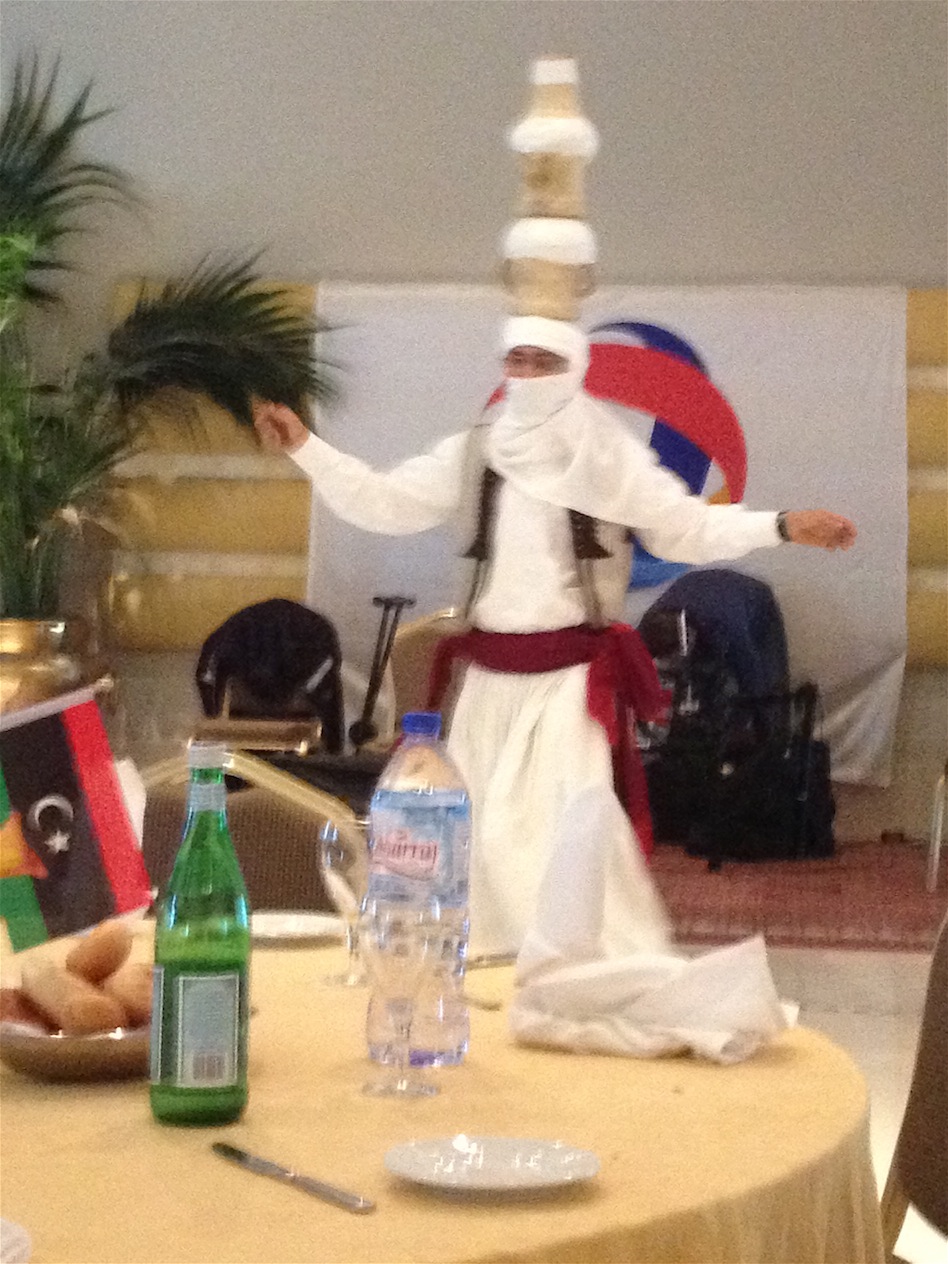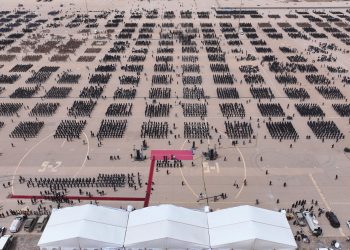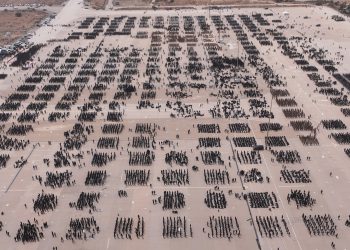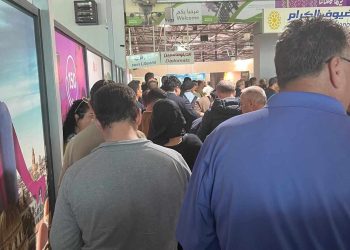By Michel Cousins.
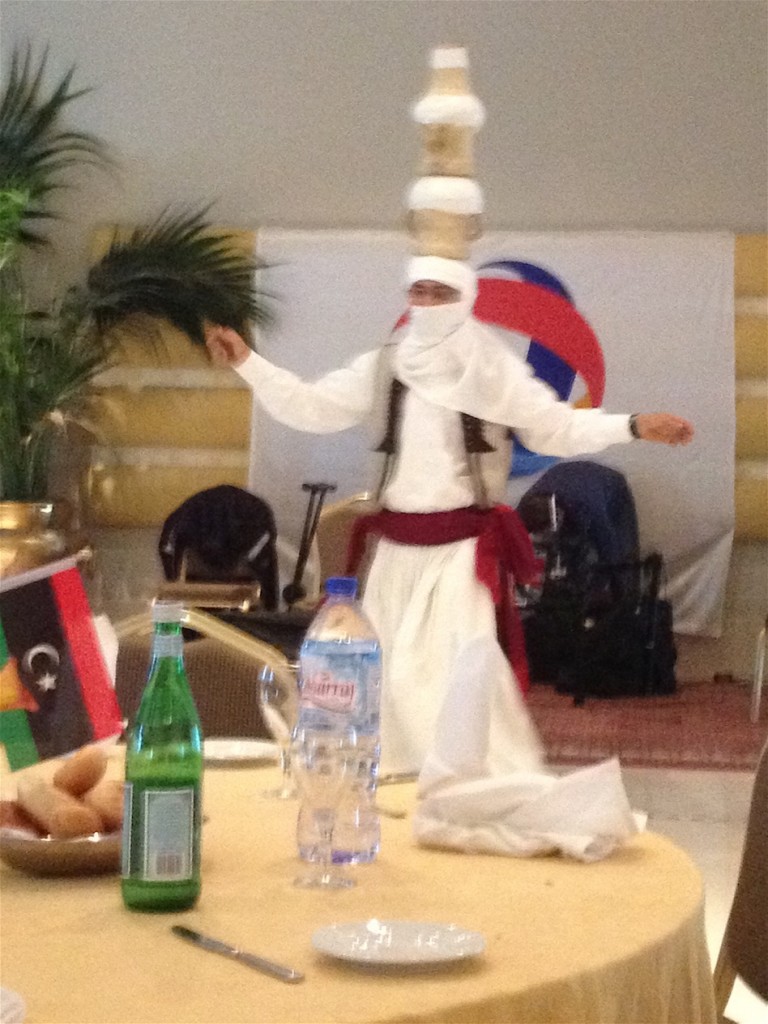
Tripoli, 15 December:
French oil company Total is celebrating a year of activity since resuming operations in Libya last December. . . .[restrict]It was the first foreign oil company to do so after the revolution.
Speaking at a lunch party in Tripoli’s Corinthia hotel on Sunday 9 December for staff and guests including officials from the Oil Ministry and NOC, the head of Total in Libya, Bernard Avignon, said 2012 had been a year of achievements. But 2013, he predicted, would be an even greater one, both for the company and the country.
Seismic operations would begin onshore, and drilling would start both onshore and offshore, he said. A leased rig was ready to leave from Croatia, heading first to Malta for inspection, and was expected to be onsite in waters 100 km off the coast near the border with Tunisia by the end of January, ready to start exploration drilling.
Total, which has been in Libya for half a century, is responsible for exploration in the Al-Jurf offshore field. Production is in the hands of Mabrouk Oil, a joint venture operation with NOC and in this case Germany’s Wintershall. In the onshore Mabrouk field in the Sirte Basin, production some 170 kms south of Sirte is also handled by Mabrouk but the partnership is between Total, NOC and Norway’s Statoil.
Looking back to 2012, Avignon said, Total had been the first oil company to lift the Force Majeure rules, in March 2012. Similarly, Mabrouk Oil had been the first company to restart production both on and offshore. It was now producing 40,000 b/d in the Al-Jurf concession, the same amount as before the revolution.
Total’s second achievement, he said, had been getting its staff back together. It had been no easy task with so many relocated around the world after they had been evacuated after the revolution started. But it had been done. “We have been able to regroup the teams”, he said, and staff were “very happy” to be back. Total had also recruited 12 more Libyan staff, he added. Technical workshops, too, had been orgnanised in Tripoli and Benghazi to help get staff back into work and instruct new employees.
But “there is a lot to be done” to meet targets, Avignon said. Oil services needed to be improved and more staff were required.
Security too remained a major priority for the company. That was itself evident in the timing of the party. Normally it would an evening event, but because of security considerations, not wanting people to have to travel after dark, it was decided to host the event in the early afternoon.
In particular, Avignon said, the current security situation prevented foreign employees from bringing their families to Libya to live with them. It was hoped, though, that they would be able to do so by summer of 2013.
Another prime issue for the company, he said, was the environment. It could not be otherwise, he noted, given that the company was drilling the almost landlocked Mediterranean.
Despite the challenges, he was convinced that there were no reasons for the company “not to do things well” and itself do well.
The prospects for the country were “excellent”, he said. “Total is very well positioned and is thinking to the long term in Libya.”
“2013 will be a great year”, he predicted, “for Total for the NOC and for Libya”.
Total’s sense that it had a lot to celebrate became evident after Avignon’s speech. Lunch was accompanied by a fantastic Libyan pop group playing and singing 1960s and 70s classics with such skill and perfection that it was difficult to hear any difference between them and the original artists. This was followed by two successive groups of traditional Libyan musicians and artists who were so enthralling that most guests did not want to leave.
[/restrict]


